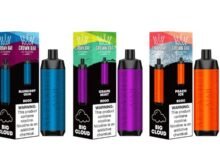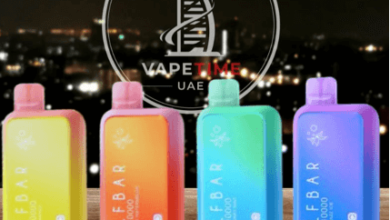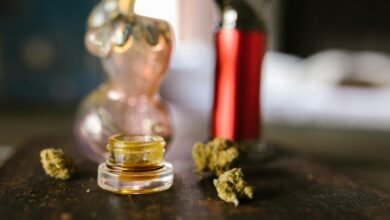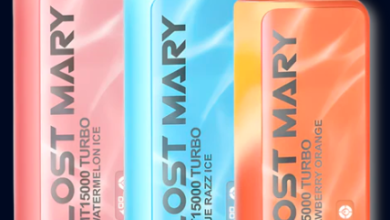Will a Cbd Vape Show on a Drug Test
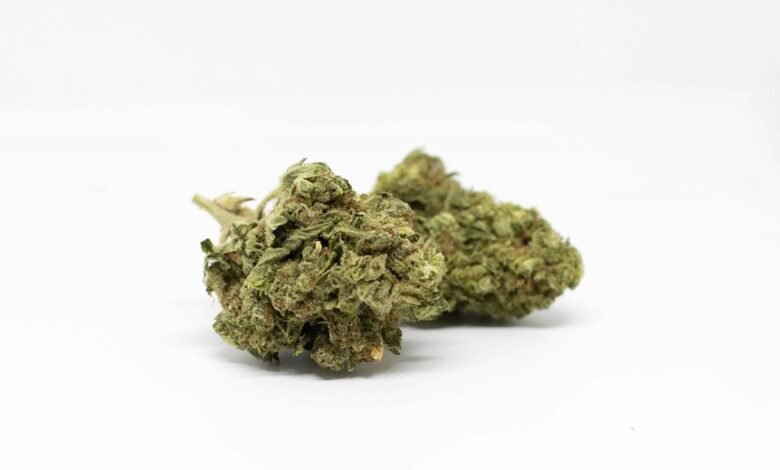
The potential for a CBD vape to show up on a drug test is a concern for many users. While CBD itself is non-psychoactive, the presence of THC in certain products can lead to unexpected results. Understanding the differences between CBD and THC, as well as the various types of CBD products available, is crucial. This knowledge can help users make informed choices and navigate the complexities of drug testing. What factors should one consider to minimize risk?
Understanding CBD and THC: Key Differences
The distinction between CBD (cannabidiol) and THC (tetrahydrocannabinol) is crucial for understanding the effects of cannabis products.
CBD benefits include pain relief and anxiety reduction without psychoactive effects, making it appealing for therapeutic use.
In contrast, THC effects can induce euphoria and alter perception but may also lead to anxiety in some users.
Understanding these differences is essential for informed choices regarding cannabis consumption.
Types of CBD Products and Their THC Content
When exploring the various types of CBD products, it is essential to consider their THC content, as this can significantly impact both legal status and drug testing outcomes.
Full spectrum CBD contains trace amounts of THC, while broad spectrum CBD has none. CBD isolate is THC-free.
Vape oil, CBD edibles, and topical CBD may vary in their THC levels, influencing user experiences and potential drug test results.
How Drug Tests Work: What They Detect
Understanding the implications of THC content in CBD products is vital, especially in relation to drug testing.
Drug testing mechanisms primarily aim to detect specific substances, including THC, through various detection methods, such as urine, blood, and hair analysis.
These tests can identify metabolites linked to THC consumption, leading to potential positive results even from legal CBD products with trace amounts of THC.
Tips for Avoiding Positive Drug Test Results
To minimize the risk of a positive drug test result, individuals should take proactive steps in selecting CBD products.
Opting for broad-spectrum or CBD isolate products can reduce THC exposure during CBD consumption.
Additionally, employing testing strategies such as confirming third-party lab results can ensure product purity.
Conclusion
In conclusion, while CBD itself is unlikely to cause a positive drug test result, the presence of THC in certain products can pose a risk. For instance, a construction worker named Jake learned this the hard way after using a full-spectrum CBD vape for anxiety relief. Following a random drug test, he tested positive for THC, jeopardizing his job. To avoid similar situations, individuals should choose THC-free options and verify product purity through lab results.

